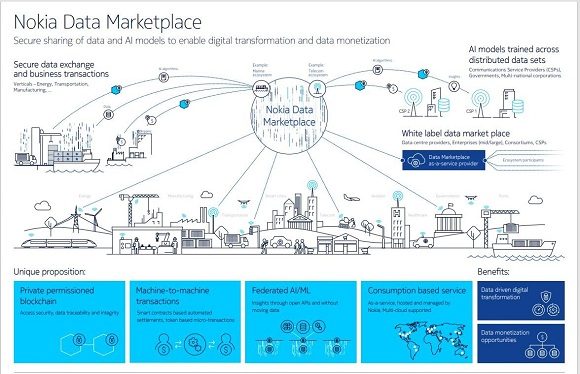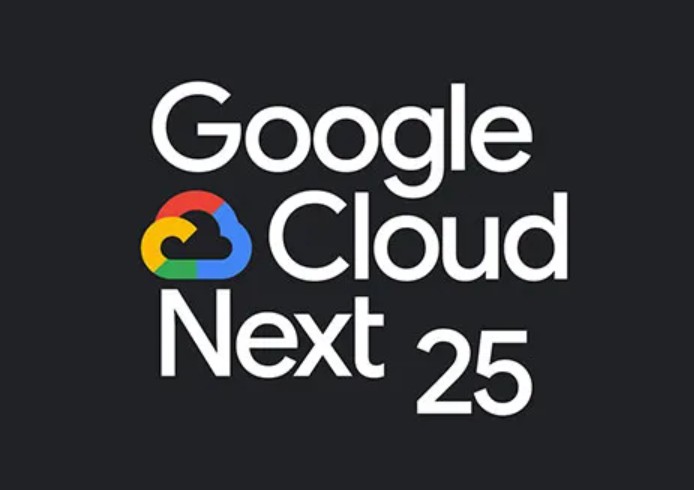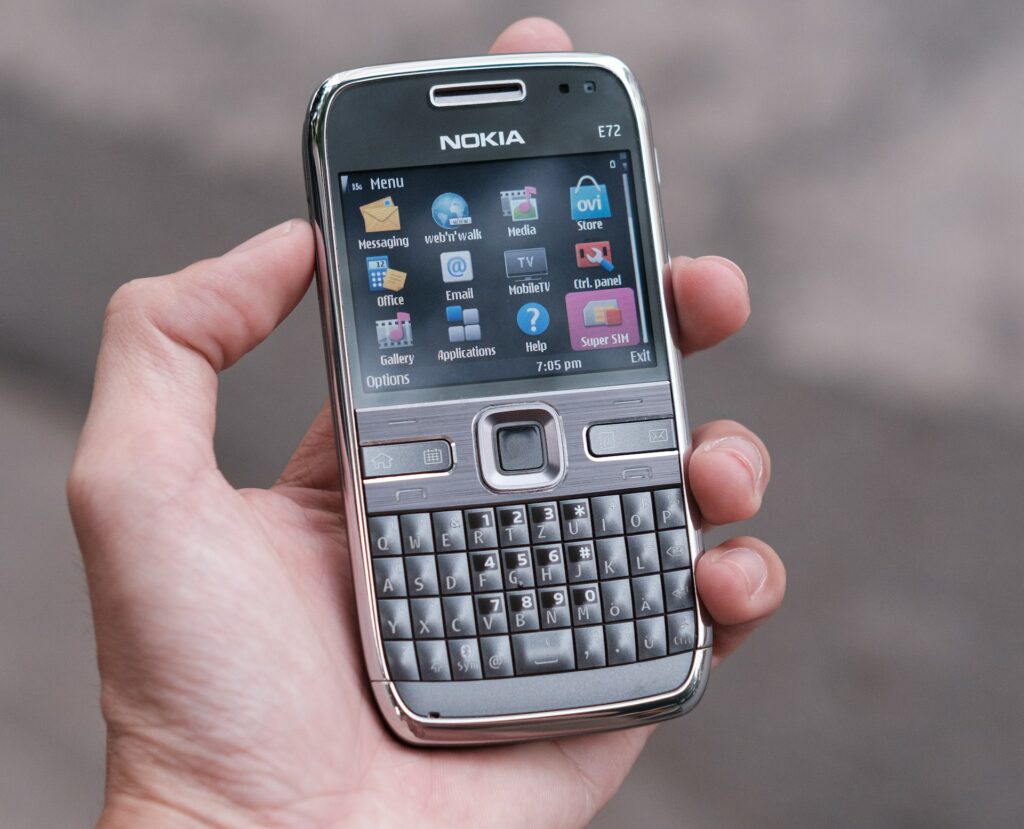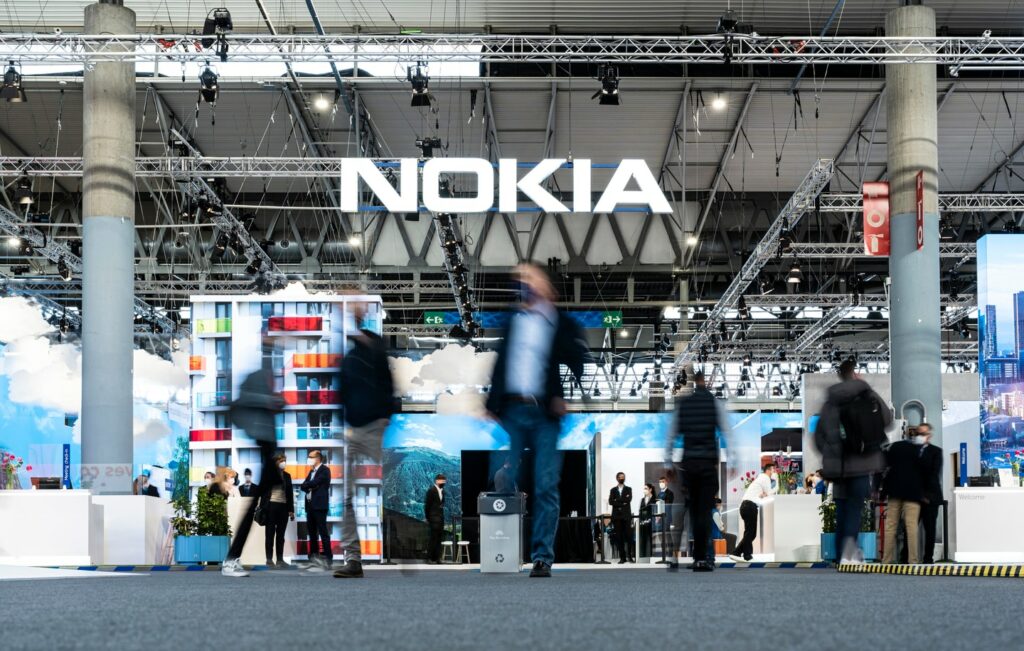Known the world over for its classic ringtone that inspired a whole series of comedy sketches, Nokia has entered the data marketplace race.
The company this year announced the launch of Nokia Data Marketplace as-a-service (Ed: would that be NDM-aaS?) with the aim of facilitating secure sharing (and, crucially, monetisation) of data and AI models.
This service will aims to provide real-time access to massive trusted datasets.
It is designed to enables enterprises to become data marketplace providers themselves, by monetising data exchanges between customers or business ecosystem participants under solid authorisation mechanisms.
There is potential here for a wide range of vertical use cases, including electric vehicle charging, environmental data monetisation, supply-chain automation and preventative maintenance, which (the last of which, could be suited to) powering numerous vertical segments, including transportation, ports, energy, smart cities and healthcare.
Federated learning
Vice president for cloud and cognitive services at Nokia Friedrich Trawoeger suggests that Nokia Data Marketplace accelerates AI initiatives through federated learning.
“This approach, combined with orchestration capabilities, facilitates collaborative development of highly accurate machine learning models for analytics use cases. It also meets growing demand for a platform that can efficiently apply AI and machine learning algorithms to in situ data,” noted Trawoeger and team, in a press statement.
Nokia Data Marketplace complements Nokia Worldwide IoT Network Grid (WING), which offers global IoT connectivity and vertical applications. For example, Nokia WING’s asset tracking solution is enriched by Nokia Data Marketplace’s blockchain to provide secure and automated data exchange and transactions between logistics’ ecosystem partners for faster turnaround.
“Nokia Data Marketplace combined with Equinix data centers allows organisations to share data and algorithms globally at more than 240 metro edge locations. Our Metal platform augments this to provide secure, proximate, on-demand infrastructure to enterprises and government agencies. Sharing and processing of data close to its point of creation mitigates issues related to latency, compliance, and network backhaul cost. These neutral and secure edge locations are connected via high-speed and secure networks to data sources spanning across public clouds, private enterprise data centers and data brokers,” said Kaladhar Voruganti, senior fellow, office of the CTO at Equinix.
Wouter van Neerbos, chief executive officer at Marlin agrees with the sentiments expressed here and explains that through automated data exchange among shipping participants, his firm gets transparency and operational efficiency required in its global marine supply chain.
“This reduces waiting time for shipping participants in the marine ecosystem, enables faster turnaround for ships, and reduces our costs,” said van Neerbos
Late to the party?
Is Nokia late to the party? Data exchange marketplace specialist companies such as Dawex have been talking about this area of developer-data interest for some considerable time now.
Is Nokia just doing some “me too” to make sure it has a finger in the data marketplace pie, or will its size enable it to create some real progress and innovation here.
Only the data will truly let us know… once we have it, we’ll be sure to exchange it.




